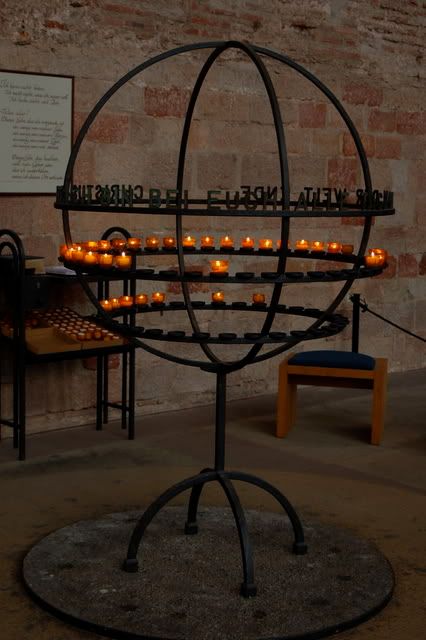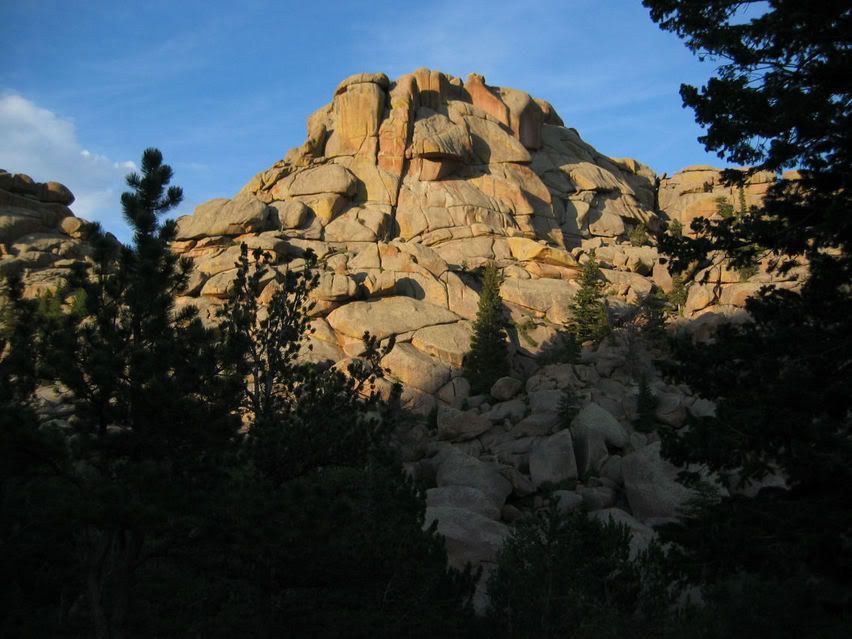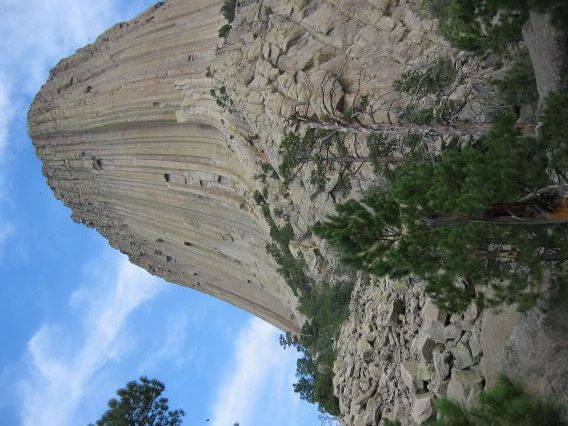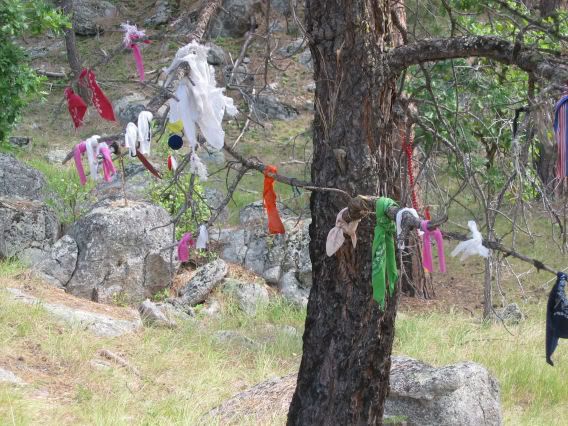On a forum I am on, someone brought up the subject of Paganism and its theatrics and how she has not been able to achieve the deep practice she wants because of being embarrassed. MaddLlama said*:
"I felt like it was too theatrical, like I was just some person in weird clothing with weird objects who likes fantasy books, movies and RPGs just a little too much. It always just felt fake and I didn't know how to move past that and just get over it."
This made me think about my own experiences and I realized that I had felt about it in a similar way when I was younger. I felt self-conscious and silly performing the rituals that I had found in books and that feeling of self-consciousness was renewed again when I started working with a group in my late teens/early twenties. But I remember that the feeling wasn't as bad within a group.
As I sat and thought about how I would answer the above statement, I realized that there are "theatrics" in all religions. Each religion has their trappings: their clothing, their tools, and their ways of ritual and ceremony. I think that a lot of Paganism seems like it is over theatrical because the ritual is in the company of either just yourself (if you are solitary) or in the company of a fairly small group of people. We are so used to thinking of a ceremony being for a large group rather than in terms of being for the self.
With larger groups, there almost needs to be more ceremony or structure if you will. There needs to be clues so that people are on the same page and know what is going on. Otherwise, certain aspects of the symbolism is lost. For example, in the beginning of the service, there is always something that clues people into the fact that that the service is starting. It helps people to get into the mindset of worship. (Not that smaller groups or solitary work doesn't need this structure, it maybe just needs a different structure.)
One example of this needed structure is that in many churches, candles are lit at the front of the room. Back in the early '80's, I was an acolyte for the church I went to at the time. I was part of the ceremony (the theatrics, if you will) that signified the beginning of the service. In the UU church that I currently go to, lighting the chalice helps to signify the beginning of the service. When I have a private ceremony to connect to the gods, I often light candles as well. It is something that helps to set the mood and get me thinking about things of a spiritual nature. Of course, there is also more symbolism that goes along with it as well.
I personally have trouble with the idea that I "need" to have all those tools that the so-called beginner books list to be able to connect with the gods. It took me a while to realize that it is not true that I
need them. I do know people who do use them as a part of their symbolism and that is fine, too. I see the things that we use as tools that help us to symbolize the ideas that we are representing when we worship. What works for me, doesn't necessarily work for others as we each have different views of the overlying (and underlying ) symbolisms. My ideas of how I should worship come from how I view my connection to the gods. My "trappings" tend to be few as I see them as more of a hindrance. (The more "tools" I use, the more I am concerned if I'm doing things "right.")
About as theatrical as I get is lighting a few candles and maybe sing a song (to the horror of those passing by). Other than that, most of the time, I am silently sitting at an overlook about Lake Superior thinking about my relationship and connection to the divine, my friends and family, and myself.
I wonder if this is something that many people think about as they are first learning about Paganism and as they first start to practice their beliefs. I wonder if this is something that holds many people back from considering themselves Pagan. And I wonder how people work through these feelings to get to that sense of deep practice.
*Quoting MaddLlama with permission.
 Since starting this blog, the night of October 31st has become much more meaningful to me than it had been before. Sure, I knew about the secular meaning (from being an avid trick-or-treater back in the day) and some of the religious connotations (from my interest in various religions), and I have also learned a lot from what other Pagan bloggers have had to say regarding what the day means to them in both a personal and religious sense.
Since starting this blog, the night of October 31st has become much more meaningful to me than it had been before. Sure, I knew about the secular meaning (from being an avid trick-or-treater back in the day) and some of the religious connotations (from my interest in various religions), and I have also learned a lot from what other Pagan bloggers have had to say regarding what the day means to them in both a personal and religious sense.





